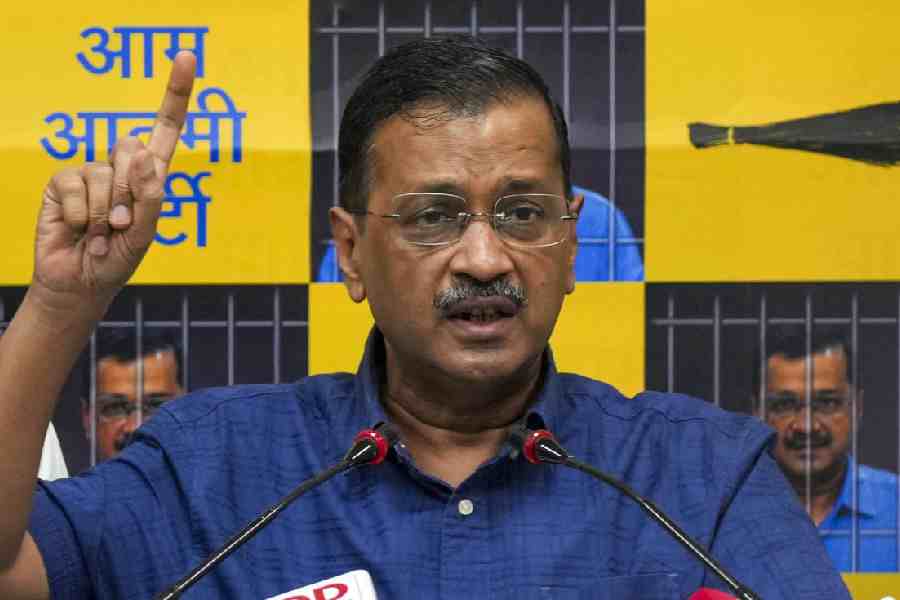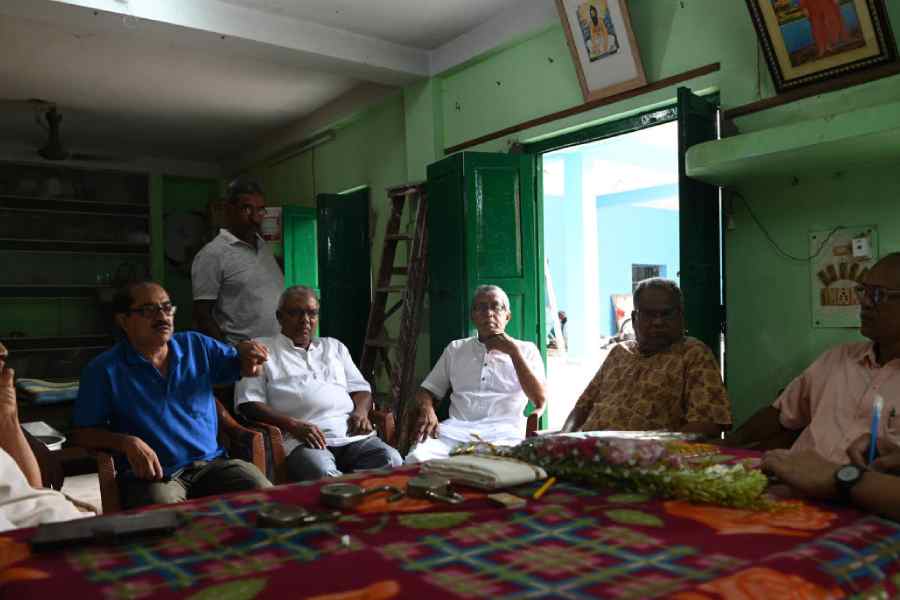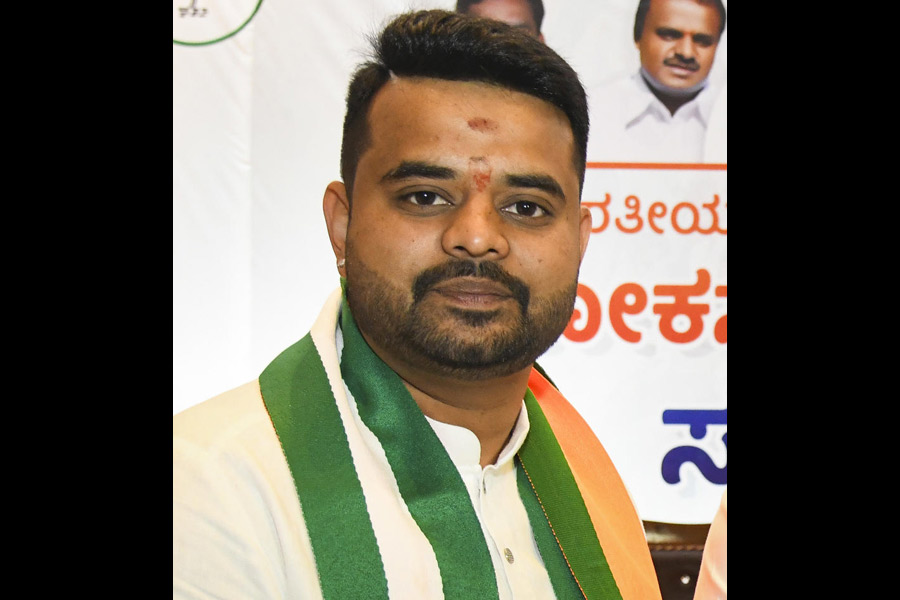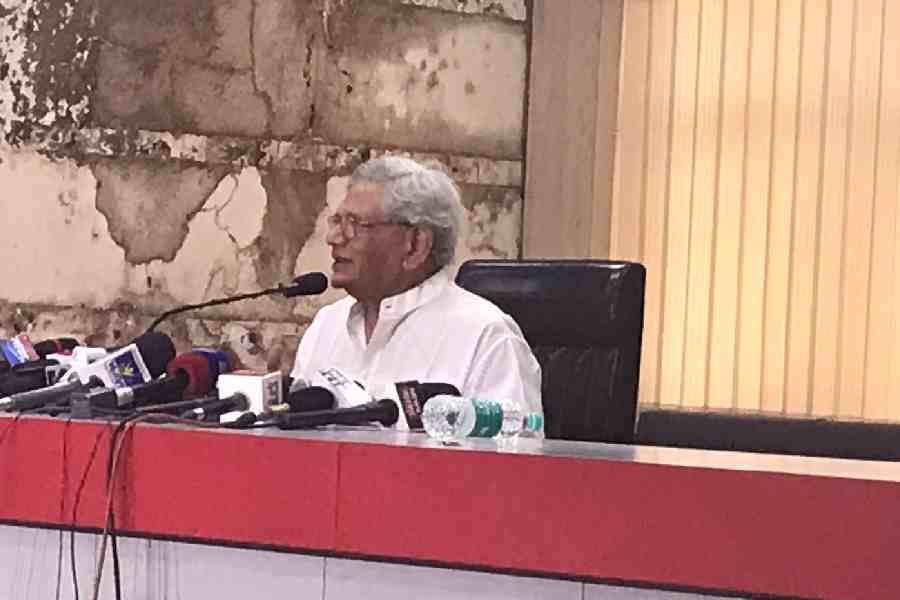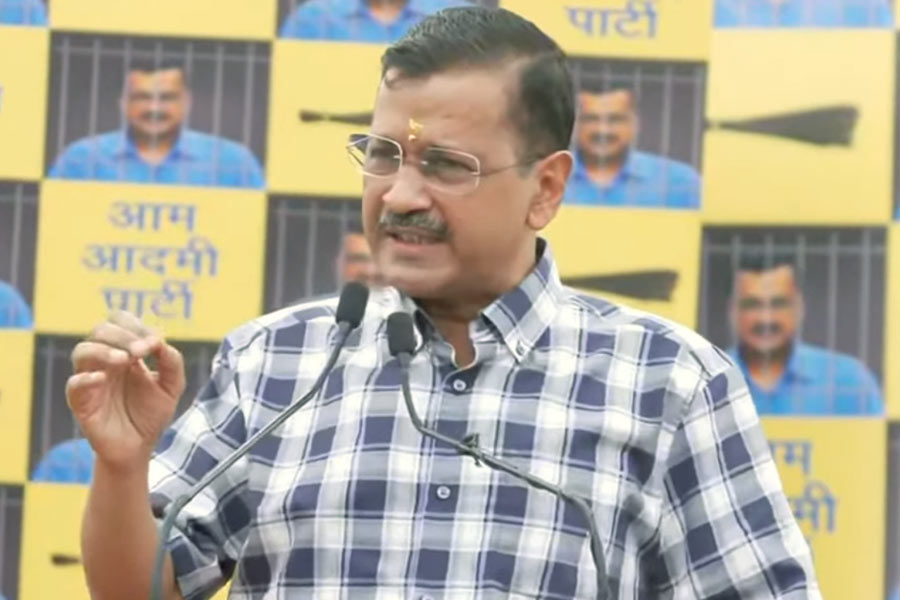The Supreme Court has listed the PIL challenging the present collegium system of appointing or transferring judges for a hearing on March 24.
The PIL also asked for the restoration of the National Judicial Appointments Commission (NJAC) which was earlier struck down as unconstitutional by a five-judge Constitution bench in 2016.
A bench of Chief Justice D. Y. Chandrachud and Justice P. S. Narasimha told advocate Mathew J. Nedumpura from Mumbai during the mentioning time that the court will take up the PIL for hearing on March 24.
Besides Nedumpura, a practising advocate, the petition has been jointly filed by six other advocates — Rohit Mohit Amin, Maria Nedumpura, Rajesh Vishnu Adrekarar, Hemali Suresh Kurne; entrepreneur Sharad Vasudeo Koli, besides chartered accountant M. Nimesh Mehta.
The PIL has sought a “declaration that the collegium system of appointment of judges has resulted in the denial of equal opportunity for the petitioners and thousands of lawyers who are eligible, meritorious and who deserve to be considered.
A mechanism in substitution of the collegium is the need of the hour.” According to the petitioners, they had made repeated representations to Prime Minister Narendra Modi, Union law minister Kiren Rijiju, as well as the leaders of the various political parties such as BJP, Congress, Nationalistic Congress, YSR Congress and Biju Janata Dal to bring about the requisite mechanism. However, nothing concrete has taken shape.
Moreover, rather than the government, it is for the Supreme Court itself to correct the error caused in creating the collegium and quashing the National Judicial Appointments Commission Act.
A five-judge Constitution bench of the Supreme Court had earlier declared the 99th Constitutional Amendment Act and the NJAC Act as unconstitutional and thereafter revived the collegium.
The NJAC has postulated a role for the Union law minister and two “eminent persons” in the committee for selection of judges which under the collegium system is vested with the Chief Justice of India and four senior-most judges of the Supreme Court.
“Ever since the judgment of this Hon’ble Court in Supreme Court Advocates on Record Association (SCAORA) v. Union of India, (2016) … came to be pronounced, the petitioners... have been consistently making representation after representation to the Hon’ble Prime Minister, Law Minister, as well as the leaders of the various political parties..., pleading that the National Judicial Appointments Commission (NJAC) is the will of the people... and that therefore, it is incumbent upon the government and the Opposition to restore the NJAC and to take all such steps that are required,” the PIL claimed.


